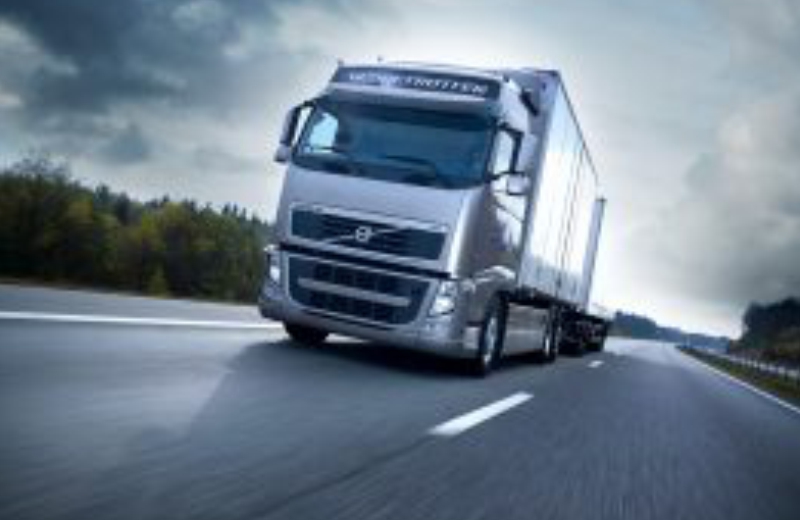July 14, 2020: Truck aggregators on-board government’s Port Community System ‘PCS1x’
What ride hailing apps Uber and Ola did to passenger mobility will soon happen to movement of export-import cargo to and from the ports.
The Port Community System (PCS1x), built by Portall Infosystems for the Indian Ports Association (IPA), recently on-boarded truck aggregators ‘Return Trucks’ and ‘Gocon’ that connects container trailer and truck operators on its collaborative digital platform P-CaSo for seamless cargo movements.
Various vehicle types and pan-India coverage makes P-CaSo trucking a unique offering for port users.
Return Trucks and Gocon aims to provide cost value spot bookings by leveraging technology to solve problems for load seekers and customers. Users of PCS 1x can check availability of trucks and trailers and book space for cargo including perishables at attractive rates that helps bring down logistics costs.
The IPA is an autonomous body attached to the Shipping Ministry while Portall Infosystems is a unit of Mumbai-based logistics conglomerate J M Baxi Group.
PCS1x has also created a fully free for use transport module, which facilitates movement of cargo from ports to the nearby Container Freight Stations (CFS) or factories and vice versa.
How it works
Users can submit bookings to empanelled transporters on the platform using their transporter registration number. Minimal data entry is needed as cargo details are already on the PCS1x, enabling ‘search’ by shipping line and line-item number for import and by vessel call number for export. Based on the numbers, the relevant shipment details will be fetched automatically.
The transporter has the authority to accept or reject the booking. Once the transporter accepts the booking, he can allocate a vehicle along with driver for the trip.
At the time of allocation of vehicle and driver, their details will be verified against eVahan and eSarathi applications run by the government and a unique registration number (URN) will be generated.
After the allocation of vehicle and driver, the port concerned can share the delivery gate schedule for import and gate open report for export and the transporter can also book gate appointment on PCS1x.
Once the vehicle reaches the port gate, the driver can share the URN number to the CISF personnel/gate team who will verify it and allow the vehicle to enter or exit the port area.
IoT and Digitisation
“From here onwards, increased implementation of internet of things (IoT) and the nationwide scanning mechanisms will enable cargo owners to trace their goods and predict arrivals as easily as you do with the pizza you just ordered on Swiggy. With multiple latch-on service providers, the PCS1x provides more value to the customers in the logistics chain than has ever happened in India before,” says A Janardhana Rao, Managing director, IPA.
P-CaSo looks to connect multiple digital service offerings who are early adopters of interoperability across platforms to bring about improvements in the way load seekers find business and help cargo owners find the best freight movers in terms of rates and reliability.
“This will create a trusted chain of service providers, all with digital competencies so that the average expectation from the cargo owner will go up as the platform delivers predictability and transparency with technology adoption,” says Dhruv Kotak, Managing Director, Portall Infosystems.
Source: The Hindu Business Line







